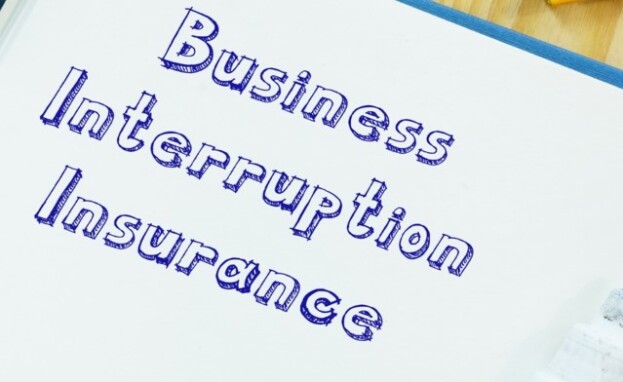Now that we are several months into the COVID-19 experience, most businesses have suffered some type of interruption, and many have suffered appreciable income loss.
The latter group may have considered submitting lost income claims on their business insurance policies. Those with offices, warehouses or any other physical premises (and many with only a virtual presence) likely have an all risk “CGL” (commercial general liability) insurance policy. These policies work by process of elimination or “exclusion” rather than “inclusion,” covering more than a narrow group of selected risks by covering any and all risks not expressly excluded–either by a narrow definition of the injury or loss that triggers coverage or express exclusion of certain causes of loss. They are “all risk” in that they insure against covered risks for covered losses.
Claims inquiries to many agents and brokers are met with the pessimistic advice that there likely is no coverage and will be no payout for COVID-19 losses. Many have been counseled not to bother submitting a claim. Given the new burdens the pandemic has placed on businesses trying simply to function, the temptation to forego an exercise in futility is understandably strong. But it should be resisted, and here’s why.
The Case for Making the Claim
As courts and legislatures begin to see and address claim denials, rays of hope are piercing the darkness.
First, and as always, a basic legal principle requires that insurance policies be interpreted in favor of the insured business and against the insurer, whose policy language is at issue. Initial court cases have begun to expose weak spots in the policy language armor insurers donned starting in 2008, after outbreaks of SARS and H1N1 inspired global pandemic fears. Before then, few businesses other than medical or biotech firms had policies excluding bacterial or viral diseases, as those risks were only addressed when they were inherent in the insured’s business.
Once hotel chains racked up huge SARS losses, and their insurers suffered huge verdicts, exclusions were rushed into policies for all businesses. But these exclusions, like all policy language, are narrowly interpreted against the insurer. Exclusions for “bacteria,” “virus,” “viral pandemic,” and other communicable disease sources are not interchangeable: a bacteria exclusion will not cover COVID-19 or any other virus (and vice versa), to justify denial for lack of a “covered cause of loss.”
Another ready refuge for insurers seeking to deny coverage is found in policy definitions of “covered loss.” That language, too, is under strict scrutiny in the courts. The issue is whether there must be physical damage or harm to property owned or rented by the business (or, in contingent income loss policies, to property of a customer or supplier or venue that draws customers to the business); and, if so, what constitutes “damage” or “harm” that may cause a “covered loss.”
Interpreting COVID-19
While courts in the past have interpreted policies to require a permanent structural change to physical property, the COVID-19 issue is whether contamination that does not effect a structural change, but adds a patina of toxicity, might be sufficient. There are apt analogies to be drawn from cases finding coverage for accidental chemical releases requiring decontamination to support an argument that property damage occurs wherever COVID-19 is present. Again, the policy language is paramount, and those providing coverage for “loss” may be broadly interpreted to include “loss of use” rather than only “damage” or “harm” to property.
Policies that interchange these words in other coverage parts may be interpreted against the insurers who argue a more limited meaning in policies that do not contain express exclusions of losses caused by viral pandemics or governmental shutdown orders. A recent D.C. Superior Court, case now headed to the D.C. Court of Appeals, demonstrates this well (Rose’s 1, LLC, et al. v. Erie Insurance Exchange, D.C. Superior Court, August 6, 2020).
In addition, since the onset of COVID-19 in March, state legislatures anticipating coverage denials in 10 states and the District of Columbia have been exploring ways to expand coverage under policies that otherwise would provide none. Most legislative measures would not simply declare coverage to exist where it did not otherwise. Rather, they would require insurers to offer such coverage for an additional premium. This approach balances the insureds’ need with concerns that the insurance industry not be bankrupted by COVID-19 loss payouts.
If nothing else, the judicial and legislative indications strongly support taking the time to submit a lost income claim under any policy that arguably affords any type of business interruption or lost income coverage, however limited.
For more information, contact Lauri at 301-657-0176 or [email protected].

